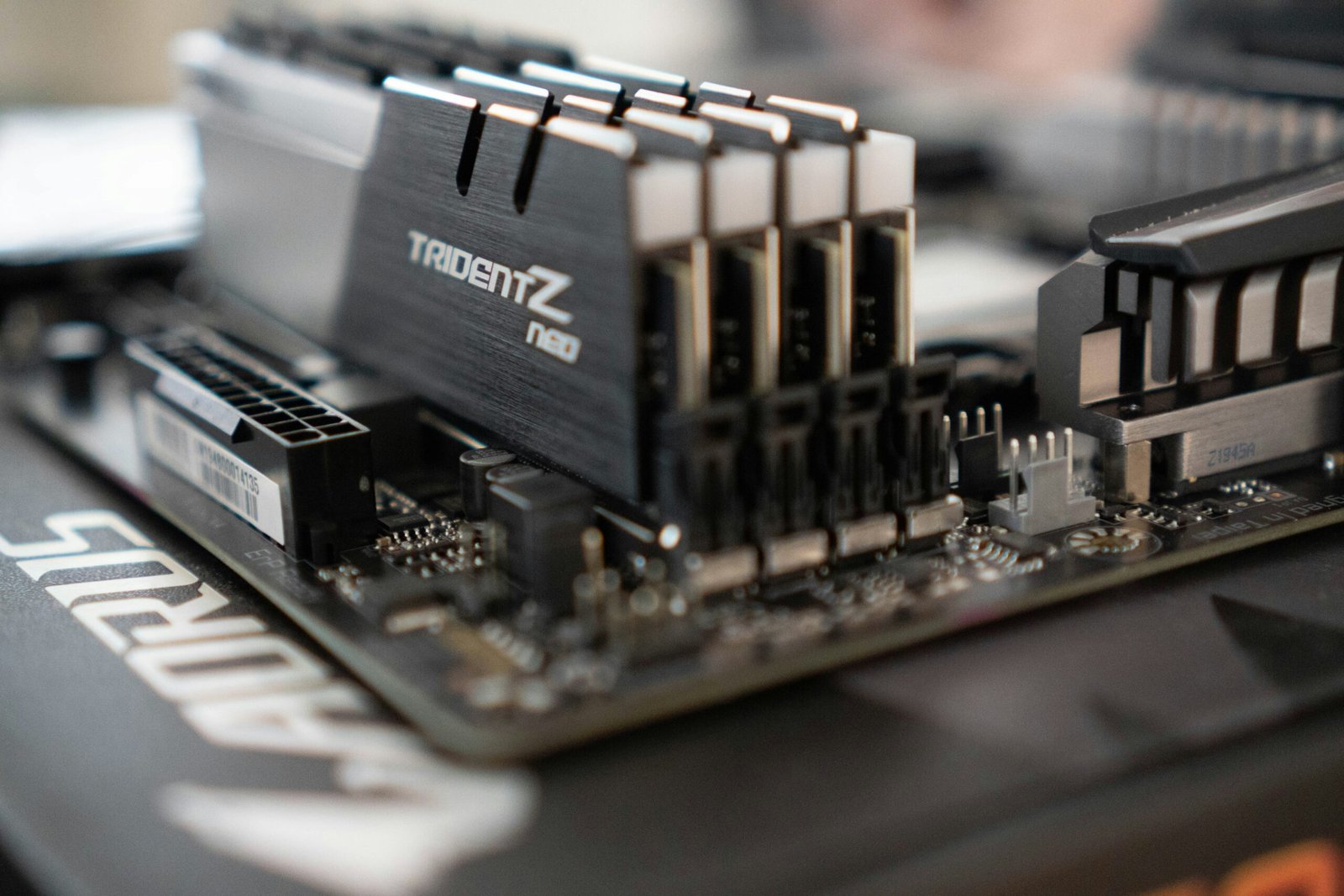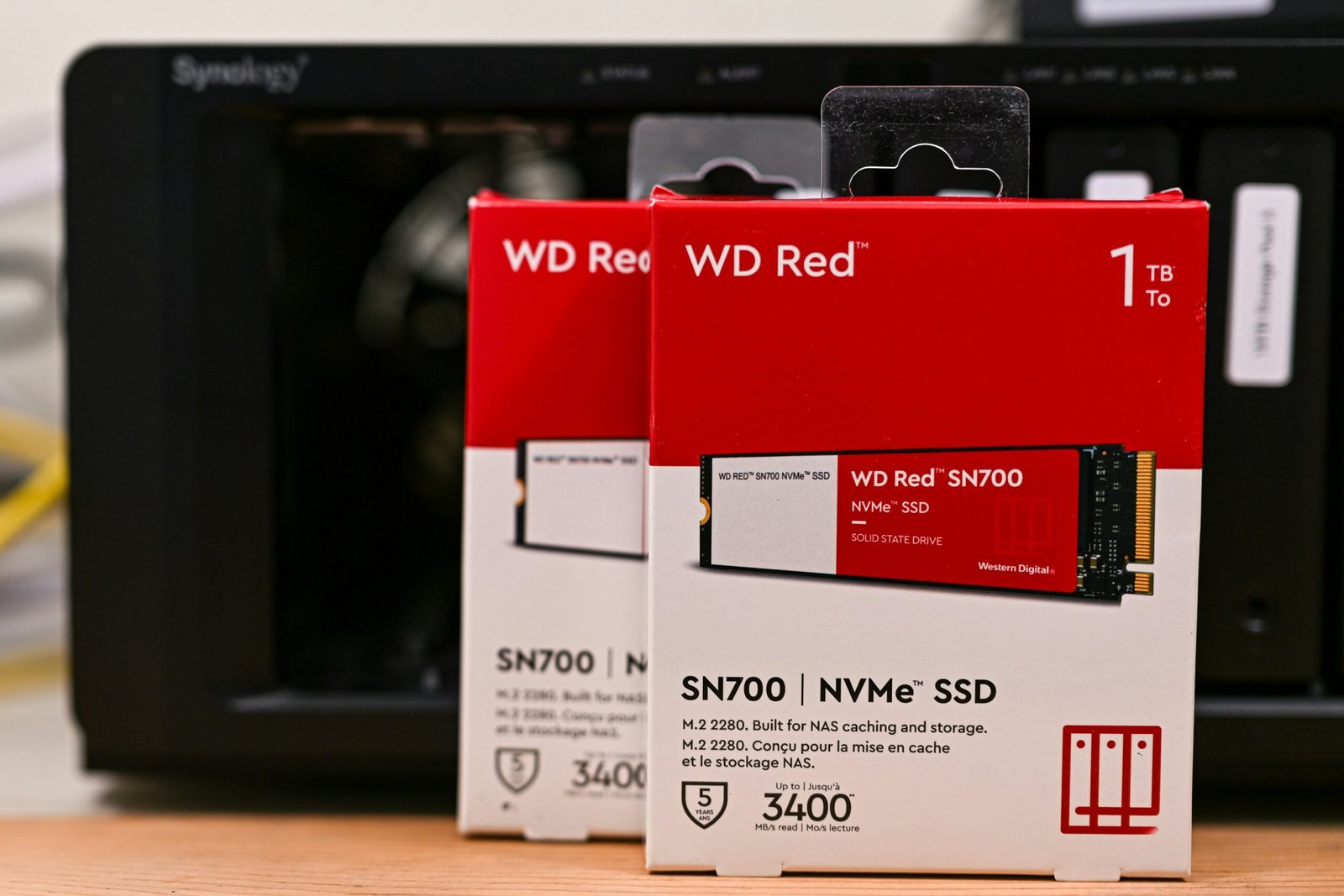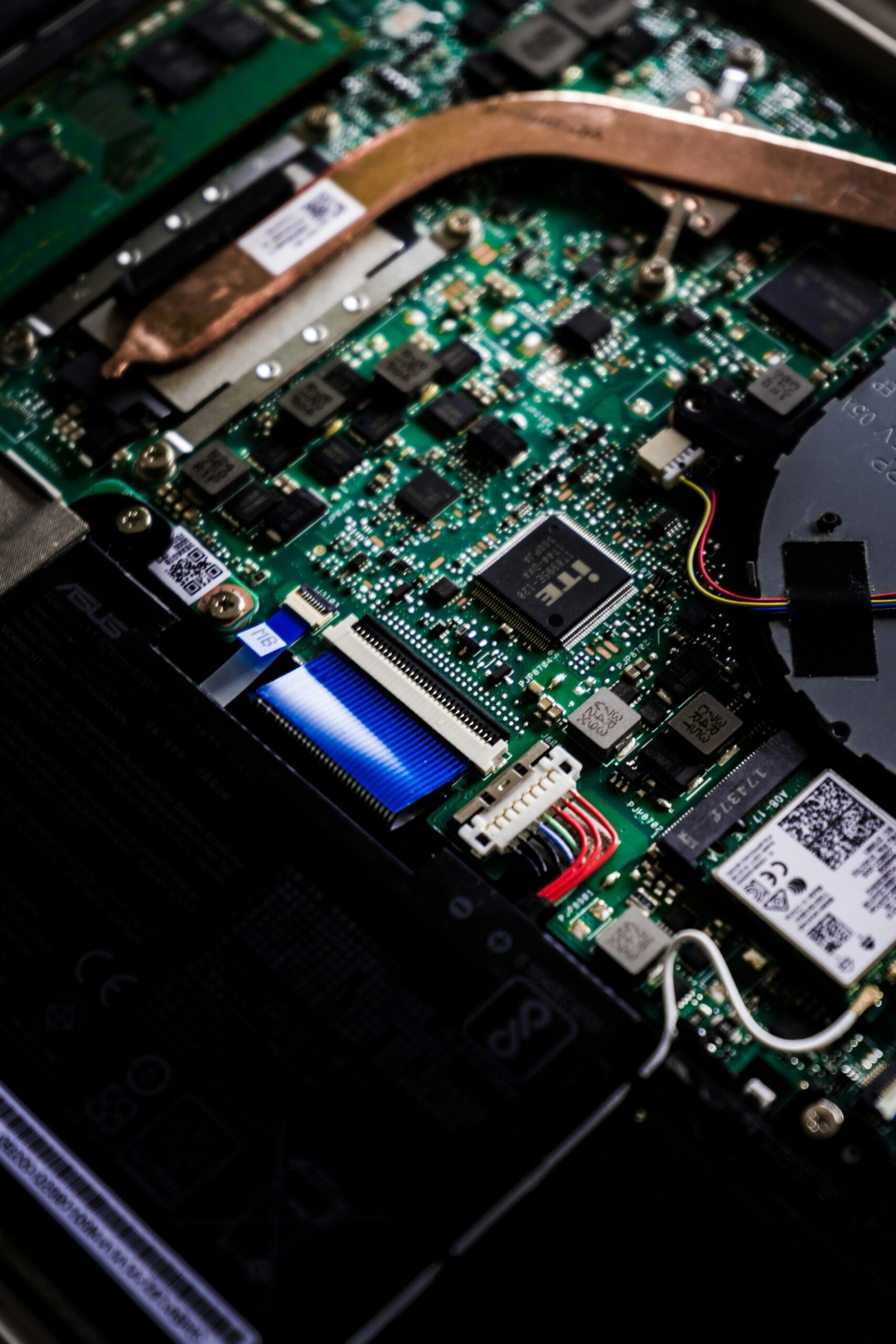Understanding RAM: The Key to Efficient Computing

Random Access Memory, commonly known as RAM, is a crucial component of any computer system. It plays a vital role in determining the overall performance and speed of a computer. In this article, we will delve into what RAM is, how it works, and why it is essential for efficient computing.
What is RAM?
RAM is a type of computer memory that is used to store data that is actively being used by the computer’s processor. Unlike the computer’s hard drive or solid-state drive (SSD), RAM provides much faster access to data, allowing the processor to quickly retrieve and manipulate information. RAM is considered volatile memory, meaning that its contents are lost when the computer is powered off or restarted.
How does RAM work?
When you open a program or file on your computer, it gets loaded into RAM. This allows the processor to access the data quickly, rather than having to retrieve it from a slower storage device. Think of RAM as a temporary workspace for the processor, where it can store and access data in real-time.
RAM is divided into small units called memory cells, each capable of storing a single piece of data. Each memory cell has a unique address, which allows the processor to locate and retrieve the data it needs. The size of a memory cell is typically measured in bytes, with common sizes being 1GB, 2GB, 4GB, 8GB, and so on.
When the processor needs to read or write data, it sends a request to the RAM module. The RAM module then locates the requested data using the address provided by the processor and transfers it to the processor. This process happens at incredible speeds, allowing the computer to perform tasks swiftly and efficiently.
Why is RAM important?
RAM is crucial for several reasons:
1. Speed and Performance:
Having an adequate amount of RAM allows the computer to run multiple programs simultaneously without slowing down. It enables faster access to data, reducing the time it takes for applications to load and respond to user input. Insufficient RAM can lead to sluggish performance and frequent system freezes.
2. Multitasking:
With more RAM, you can run multiple applications at the same time without experiencing a significant drop in performance. This is especially important for tasks that require a lot of memory, such as video editing, graphic design, or running virtual machines.
3. Gaming:
RAM plays a crucial role in gaming performance. Games with high-quality graphics and complex environments require a significant amount of memory to run smoothly. Insufficient RAM can result in lag, stuttering, and longer loading times.
4. Future-Proofing:
As software and applications become more advanced and resource-intensive, having ample RAM ensures that your computer can handle future updates and upgrades without becoming obsolete.
How much RAM do you need?
The amount of RAM you need depends on your specific requirements and usage patterns. For casual web browsing, email, and basic office tasks, 4GB to 8GB of RAM is usually sufficient. However, for more demanding tasks like video editing, gaming, or running virtual machines, 16GB or more is recommended for optimal performance.
It’s worth noting that the operating system and other background processes also consume a portion of the available RAM. Therefore, it’s advisable to have more RAM than the minimum requirements of your software to ensure smooth operation.
Conclusion
RAM is an essential component of any computer system, enabling faster access to data and improving overall performance. It acts as a temporary workspace for the processor, allowing it to quickly retrieve and manipulate information. Having an adequate amount of RAM is crucial for multitasking, gaming, and future-proofing your computer. By understanding the importance of RAM and choosing the appropriate amount for your needs, you can ensure a smooth and efficient computing experience.




